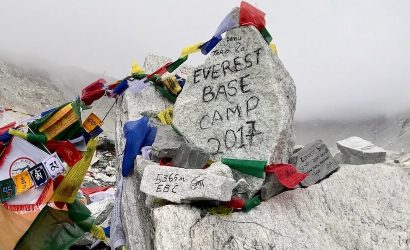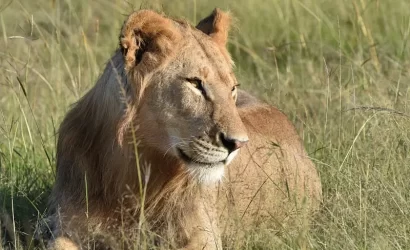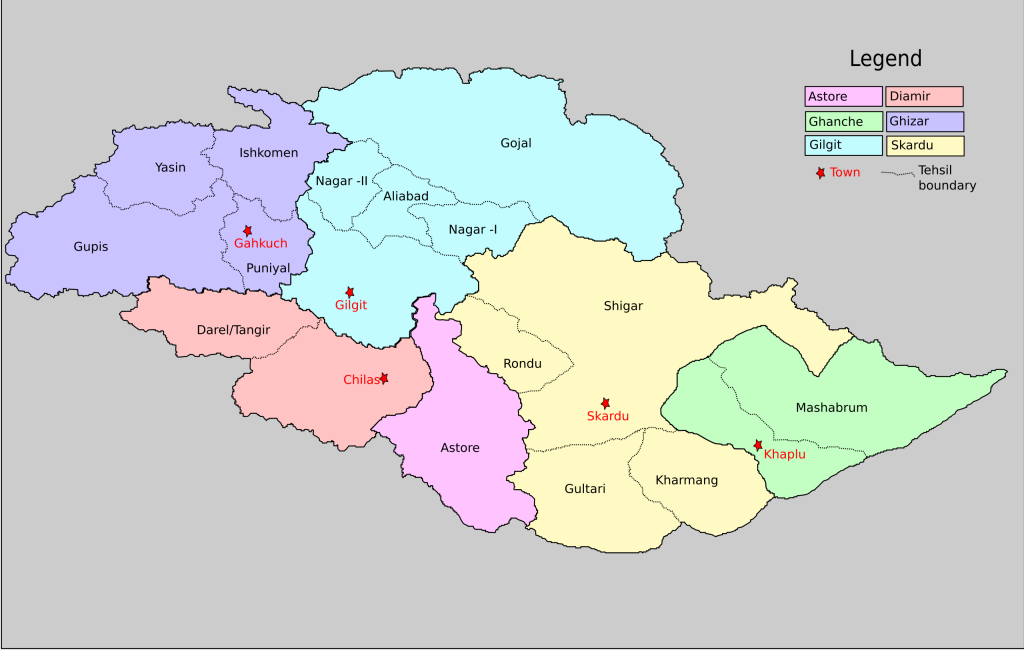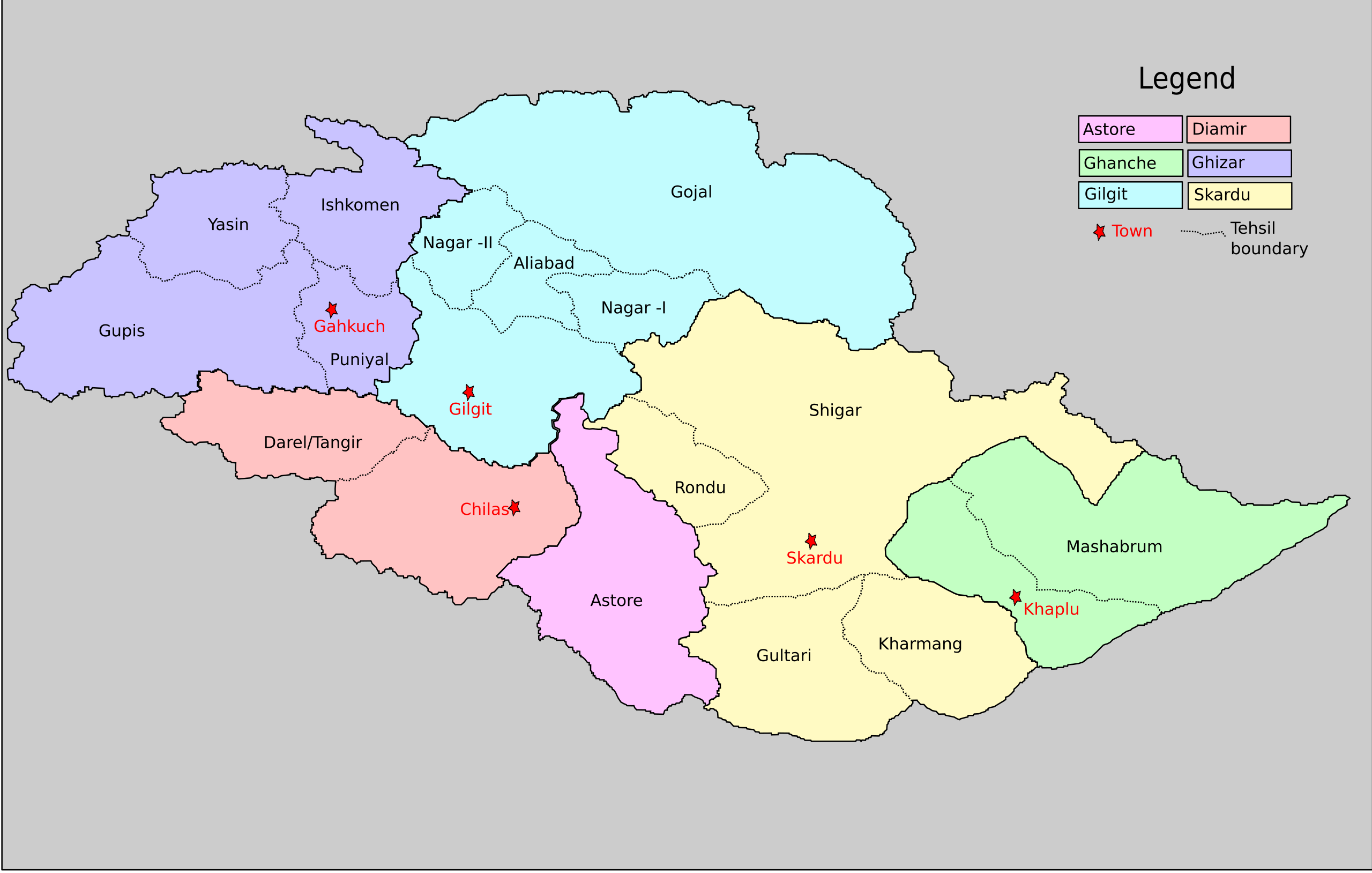-
5,416 metres
-
Eco-Tour, Hiking, Jungle Safari
-
Easy to Moderate
Overview
Download Itinerary
Highlights
- Visit to Genocide Memorial Park
- Enjoy the amazing view of the Himalayas from Kala Patthar
- Travel to Kigali Conventional Centre
- Visit Nyungwe Forest Reserve
- Boat Ride in Lake Kivu
- Kigali City Tour
- Visit The Presidential Palace Museum
Itinerary
FAQs
Passengers are advised to arrive at the Kigali International Airport at least three hours before their flight.
Covid-19 testing is no longer a requirement prior to arriving in Rwanda. However, regular Covid-19 testing is encouraged.
The COVID-19 test required to visit Rwanda is known as a Real Time-Polymerase Chain Reaction (RT-PCR) COVID-19 test.
For COVID-19-related health issues, please contact the Rwanda Biomedical Centre via the toll-free number 114 or the Medical Team on duty 24/7 at the Kigali International Airport at +250 781 415 724.
All international tourists visiting national parks are required to schedule their visit within 72 hours of receiving a negative test result. The only accepted test for tourists visiting Volcanoes, Nyungwe, and Gishwati-Mukura National Parks is the SARS-CoV 2 Real-Time Polymerase Chain Reaction (RT-PCR). A negative Rapid Antigen test (RDT) will be accepted for Akagera National Park. If your visit/s falls more than 72 hours after the initial test on arrival, you will be required to take another COVID-19 test before visiting the parks.
Visitors who test positive for COVID-19 can either be evacuated in line with medical evacuation protocols or seek treatment at a designated treatment center in Rwanda at their own cost.
To ensure the health and well-being of all passengers, a range of measures have been put in place, including:
Wearing masks at all times for everyone
Readily available hand sanitizers
Physical distancing markings
Regular and thorough disinfecting of the airport and equipment
Kigali International Airport staff have been trained in Infection Prevention, and Control measures and comprehensive guidelines are in place to ensure safe operations. These measures are based on the Public Health Corridor approved by the International Civil Aviation Organization in collaboration with the International Air Transport Association and the World Health Organization.
Covid test is no longer a requirement to depart Rwanda by air. However, Covid testing (at their own cost) is available for all travellers whose final destination requires one at health centres and other designated sites.
All Rwandan travellers aged 12 years and above must show proof of full vaccination before departing Rwanda by air. Fully vaccinated for people aged 18 years and above means having two doses and a booster when eligible (administered 3 months after second dose.)
Mt Nyiragongo Map









